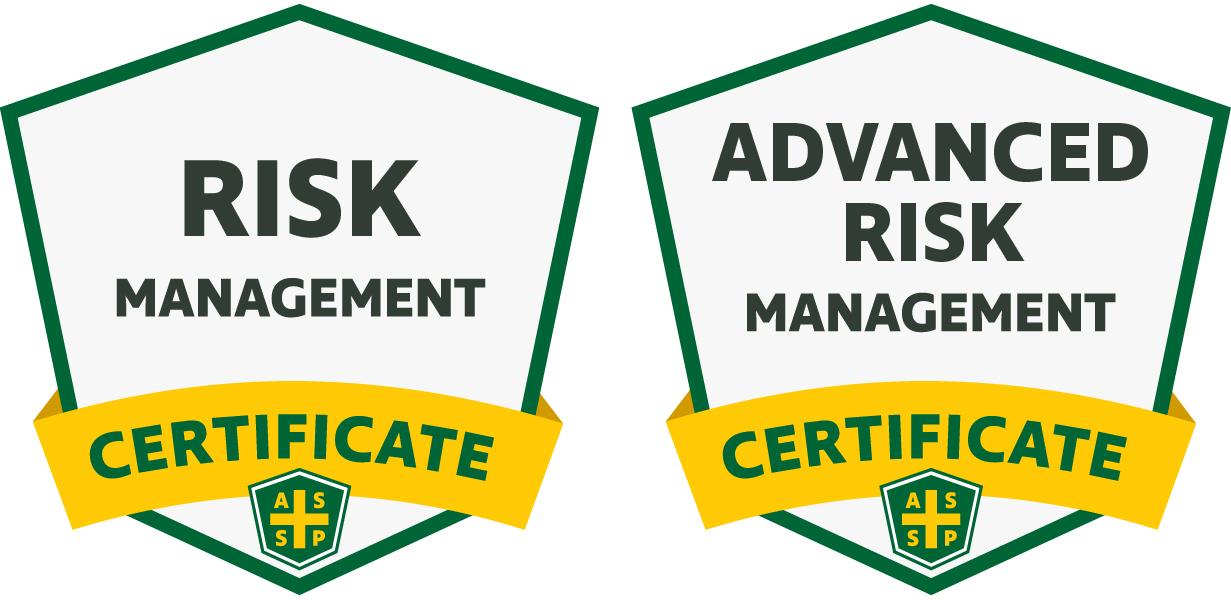In today’s unpredictable business world, managing risks is no longer optional, it's a necessity. Organizations of all sizes face challenges ranging from cybersecurity threats to market fluctuations. This is why risk management certification has become an essential credential for professionals aiming to stand out. It helps you develop a deeper understanding of how to identify, assess, and mitigate risks in a structured way while enhancing your value in the job market.
A risk management certification is more than just a line on your resume. It represents your commitment to protecting businesses from potential losses and disruptions. Whether you are a project manager, compliance officer, or business analyst, this certification helps you bring clarity to complex problems and improve decision-making processes.
Why Risk Management Certification Matters
Businesses cannot afford to take risks lightly. Unexpected disruptions, legal challenges, or data breaches can cause significant financial damage. This is why companies are looking for professionals who can implement a reliable risk management framework and guide them through uncertain times.
Having a certification shows employers that you are equipped to anticipate problems before they happen and develop practical solutions. This level of preparation not only safeguards business assets but also builds trust among stakeholders and clients.
Skills You Gain from Risk Management Certification
Earning a risk management certification provides you with skills that go beyond the basics of monitoring risks. You learn how to:
-
Identify potential threats early by evaluating internal and external factors that can disrupt operations.
-
Analyze risks effectively, understanding their likelihood and potential impact.
-
Develop mitigation strategies that either reduce, transfer, or eliminate risks.
-
Monitor and report risk trends to help leadership make data-driven decisions.
-
Support long-term business goals by aligning risk management practices with strategy.
These skills make you a valuable resource for any organization that wants to stay competitive and resilient.
Who Should Consider Risk Management Certification
This certification is ideal for professionals across various industries, including:
-
Project managers who need to anticipate and manage project-related risks.
-
Compliance officers ensure that companies follow regulations.
-
IT and cybersecurity experts protecting businesses from digital threats.
-
Financial analysts evaluating risks tied to investments and operations.
-
Business owners who want to safeguard their organization’s future.
If you work in a risk-prone industry, this certification helps you stand out and makes you a trusted advisor to management teams.
Career Benefits
Certified professionals often enjoy higher earning potential, better job security, and greater opportunities for advancement. Employers recognize the value of hiring someone who can reduce exposure to potential losses. In competitive job markets like New York, NY, holding a recognized credential can give you a distinct advantage over others with similar experience but no formal certification.
How Risk Management Certification Works
Most programs combine online learning, case studies, and assessments to ensure you can apply your knowledge practically. You’ll learn about risk and assessment techniques, decision-making models, and reporting tools. Some certifications also include industry-specific modules, such as financial risk, operational risk, or cybersecurity risk.
Once you complete the program, you’ll be required to pass an exam to demonstrate your competency. Maintaining your certification often involves ongoing education to stay updated on new regulations and emerging threats.
Why It’s Worth the Investment
While the time and cost commitment may seem significant, the return on investment is usually high. Certified professionals are often first in line for promotions and leadership roles. They also play a key role in protecting their organization’s reputation and bottom line, which makes them indispensable.
For businesses in New York, NY, hiring certified risk managers ensures they are well-prepared for compliance requirements and competitive pressures. That’s why companies like FinGuru360 New York, NY encourage employees to pursue certifications as part of their professional development.
Getting Started
When choosing a certification, look for programs that are globally recognized and provide practical, hands-on learning. Consider factors like program length, exam format, and continuing education requirements. Reading reviews and speaking with professionals who have completed the program can also help you make an informed decision.
Final Thoughts
A risk management certification is a powerful tool for anyone looking to advance their career and make a real impact in their organization. It equips you with the knowledge to build resilience, safeguard operations, and prepare for the unexpected. By learning how to implement a solid risk management strategy and understanding key risk values, you’ll be well-positioned to guide businesses toward stability and growth.
FAQs
1. How long does it take to complete a risk management certification?
Most programs take anywhere from a few weeks to a few months, depending on the level of depth and whether you choose self-paced or instructor-led training.
2. Is a certification necessary for a career in risk management?
While not mandatory, it can significantly boost your credibility and open doors to better roles and higher pay.
3. Can I get certified online?
Yes, many reputable institutions offer online programs, making it easy to learn at your own pace.
4. What industries benefit most from risk management certification?
Finance, healthcare, IT, construction, and manufacturing are just a few sectors where risk management skills are in high demand.
5. Do certifications expire?
Some require renewal after a few years to ensure professionals stay updated on the latest methodologies and regulations.

Join our community to interact with posts!